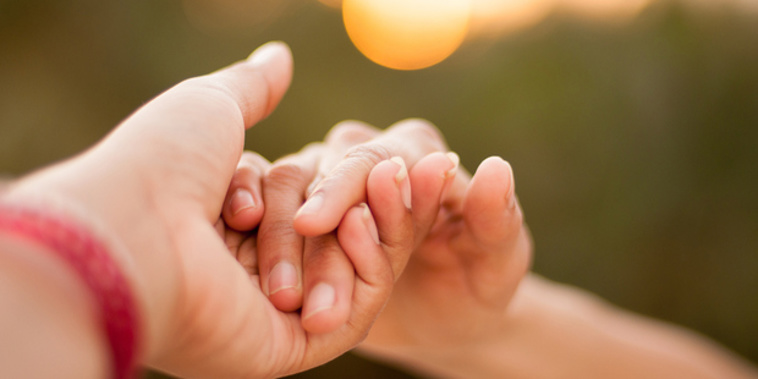
You may have read about the incredibly grim situation that’s emerged in Dunedin.
A father and daughter, in an incestuous relationship, have produced two children. They were first sentenced for incest five years ago after the first child was born, and they’ve been sentenced again after a second child, a son, was discovered. He died from Sudden Infant Death Syndrome.
The father is 37, the daughter is 23. They had little to do with each other for many years but were reunited in 2010 when the daughter was 16, and the two then entered into an incestuous relationship.
Both have had troubled upbringings suffering both physical and sexual abuse, and the man fathered his daughter when he was just 13, with his foster mother who was 30 at the time. Like I said, it's grim story.
What my question is, why isn’t this being dealt with through the mental health system? It’s being dealt with as a criminal offence which of course it is, but the clear, overwhelming issue here is surely one of mental health.
Instead, the father has been sentenced to six months community detention and two years’ intensive supervision. The daughter has also been sentenced to two years of intensive supervision. The two can’t go near each other for the two years. The daughter has been ordered not to leave Dunedin. The father isn’t allowed to travel within 100km of the city.
And the daughter will undergo counselling too.
However, in terms of the father, his case is being dealt with as a criminal case. So what happens after two years of enforced separation and supervision? Then what? Will he somehow rehabilitate himself? He must have experienced a troubled childhood to find himself in foster care in the first place, and once there, was sexually abused by his foster mother. He's been convicted twice of incest, and was sentenced to community work in 2012 when the first case came to light.
Now, he's received another sentence - community detention. So how will that reprogramme him, or rehabilitate them?
Community sentences don't fix people who are psychologically broken. That's what our mental health system is for.
And as grim as this case is, I think it's out of place in a criminal court.
Take your Radio, Podcasts and Music with you









